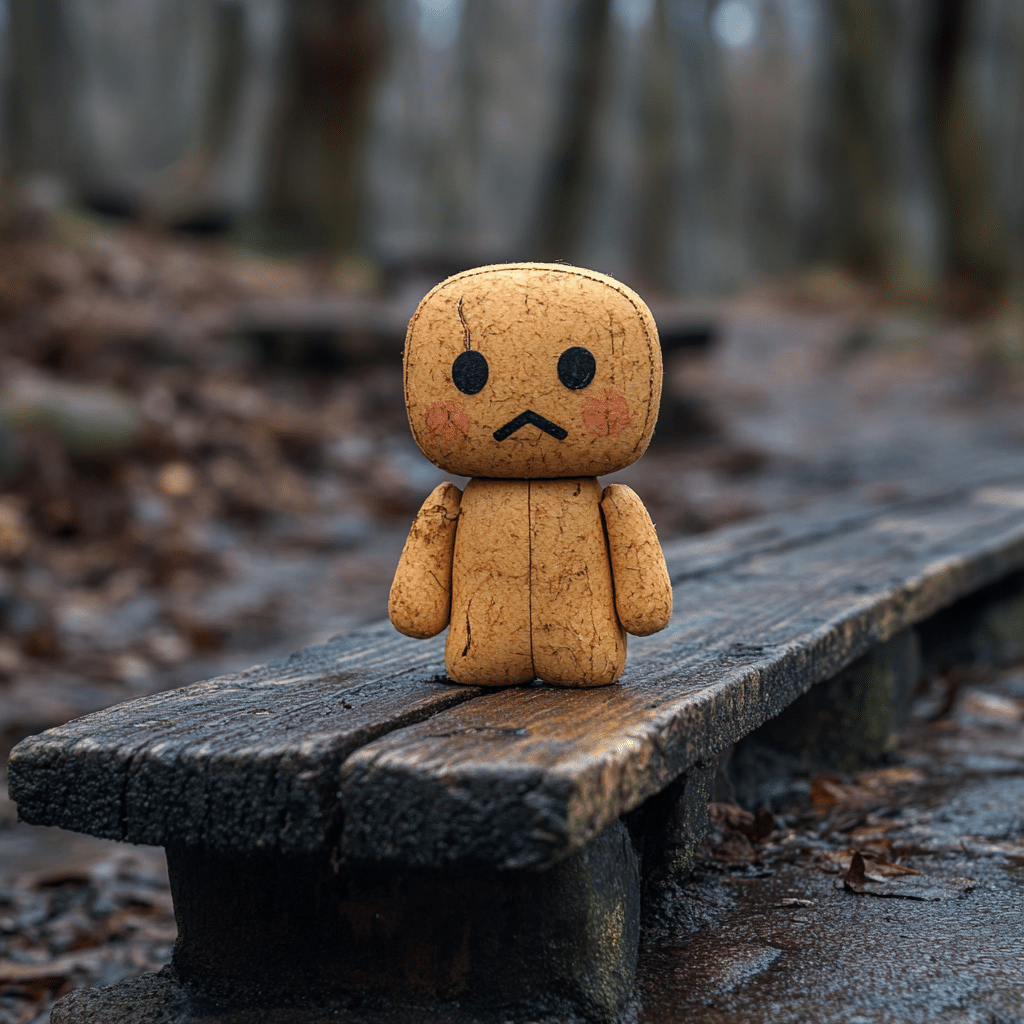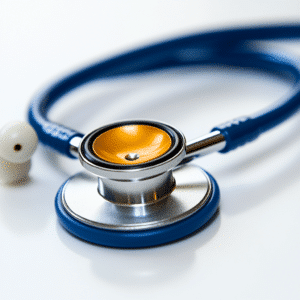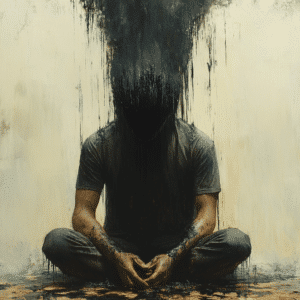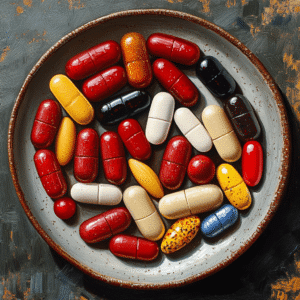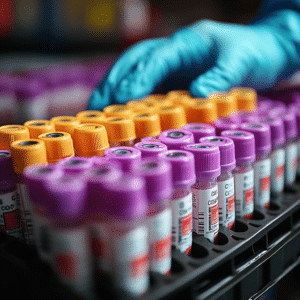Depression can affect anyone, and understanding what are signs of depression is crucial in providing support to those who need it most. As parents, it’s particularly heartbreaking when our children grapple with emotional challenges that can spiral into addiction or worse. It’s essential to recognize the signs early, not only to help them but also to strengthen our family bonds.
When we look at the landscape of mental health, it’s clear that depression isn’t just about the feelings inside; it often manifests in physical and behavioral changes too. Let’s explore these signs, potentially saving a life or guiding someone you care about toward the help they desperately need.

The Essential Signs: What Are Signs of Depression?
1. Persistent Sadness or Low Mood
Not just a down day, but an extended period of low mood is a signal to watch out for. If a child or young adult seems sad for weeks, losing interest in hobbies they used to enjoy, it’s time to take notice. Maybe they were once passionate about painting or sports, but now that spark is dim—or even extinguished.
2. Fatigue and Lack of Energy
Imagine getting a full night’s sleep but waking up feeling like you’ve run a marathon—this is what those struggling with depression often face. This fatigue can make everyday tasks feel impossible. Simple chores become mountains to climb, and they may need to rest often, further isolating them from family and friends.
3. Changes in Appetite or Weight
A drastic shift in appetite can signal deeper issues. For example, a typically healthy eater might suddenly choose fast food and junk food for comfort. Conversely, they may lose their appetite altogether, leading to significant weight loss. Both can be tell-tale signs of emotional distress.
4. Sleep Disturbances
Sleep may not come easily. A young adult who once had a stable sleep schedule may lay awake at night, caught in a cycle of negative thoughts. Alternatively, they might sleep excessively, attempting to escape their overwhelming feelings. Whether it’s insomnia or hypersomnia, both can indicate a serious issue.
5. Loss of Interest
It’s concerning when someone starts withdrawing from activities they once found joy in, such as spending time with friends or engaging in hobbies. This lack of interest isn’t just a phase; it’s a clear signal that help might be needed.
6. Feelings of Guilt or Worthlessness
Negative self-talk can be debilitating. A person may feel like a burden, ruminating on perceived shortcomings. This cycle of guilt compounds the emotional struggle, pushing them deeper into despair.
7. Thoughts of Death or Suicide
This is one of the most alarming signs that should never be ignored. If someone talks about wanting to die or expresses feelings of hopelessness, it’s crucial to seek immediate help. Suicide is preventable, and addressing these feelings head-on can save lives.
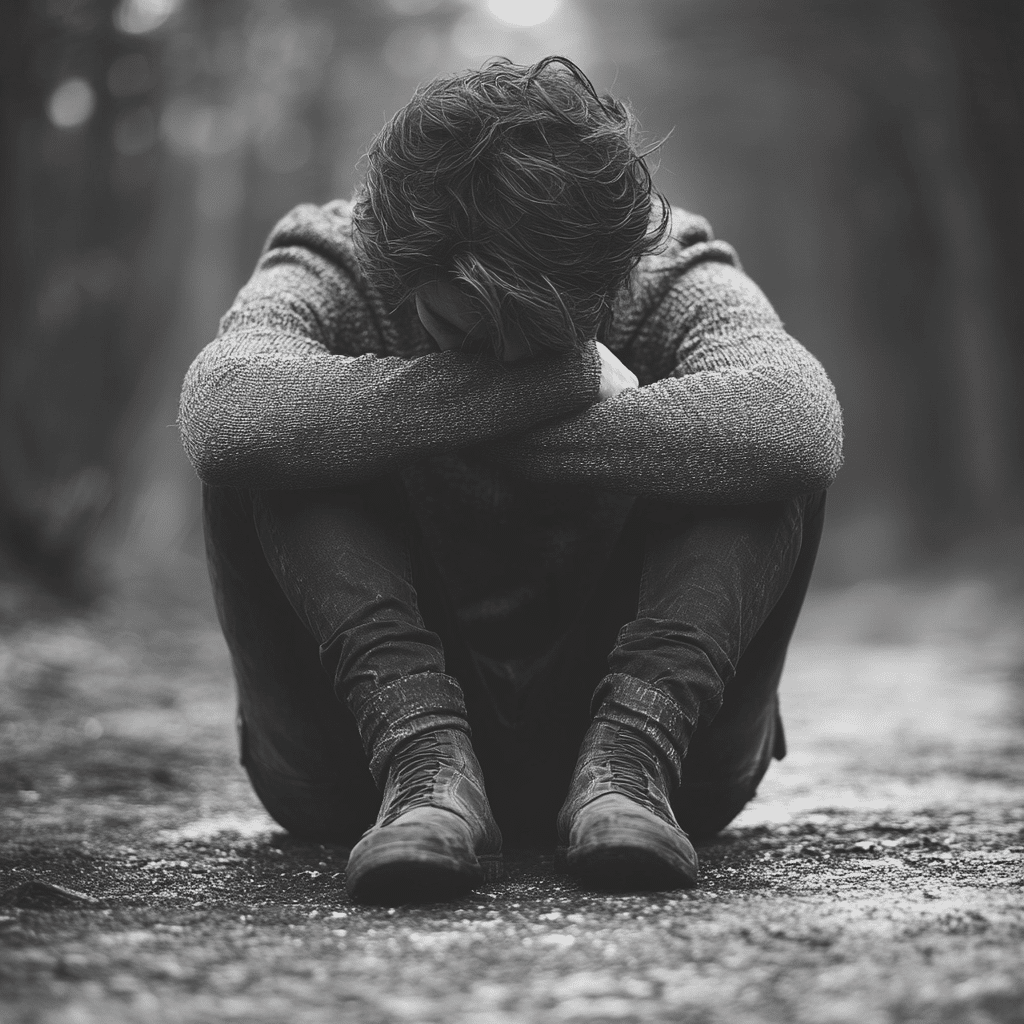
Understanding the Causes: What Is Causes of Depression?
The root causes of depression can be a complicated mix of genetic, psychological, and environmental factors. Family history plays a significant role; if a parent or sibling has dealt with depression, that risk can trickle down. Chemical imbalances in neurotransmitters, like serotonin or dopamine, may also lead to depressive symptoms.
Life changes and traumatic experiences can easily act as triggers for depression. Losing a loved one, a breakup, or even ongoing stress from financial struggles can all serve as potential catalysts for this mental health challenge. On top of that, societal stigma makes it harder for individuals to reach out for help, often allowing their struggles to fester quietly.
It’s heart-wrenching to imagine our children navigating such tough waters alone. Encouraging open conversations about mental health is vital. Bringing awareness makes it easier to identify what are signs of depression and ultimately lead them toward the help they need.
Beyond Basics: What Are the Worst Side Effects of Amlodipine?
When we talk about mental health, it’s important to consider the medications some individuals may be taking. Amlodipine, commonly prescribed for high blood pressure, can lead to some concerning side effects. Among those is depression—a dire reminder that mental well-being is just as crucial as physical health.
Those on Amlodipine may experience mood swings or an increased sense of hopelessness, complicating any existing mental health conditions. It becomes essential for patients to remain vigilant about how they feel and advocate for themselves when it comes to discussing these potential effects with healthcare providers. Open dialogues can illuminate the intersection of physical medications and mental health, aiming to provide a well-rounded approach to treatment.
Broader Impacts: What Are Some Symptoms of Overwhelming Population Growth?
While this might feel a bit removed from personal struggles, the societal impacts of overwhelming population growth can create an atmosphere that exacerbates stress and anxiety. Picture a booming city like San Francisco, where soaring living costs and stiff competition for jobs breed pressure. Such conditions can ripple through communities, leading to mental health concerns becoming increasingly prevalent.
In densely populated areas, the sense of isolation can deepen. People often feel they can’t keep up, leading to increased levels of anxiety and ultimately to mental health crises. This highlights just how intertwined our individual experiences can be with larger societal shifts.
Moving Forward: Embracing Change and Support
Awareness is the first sturdy step toward healing. Understanding what are signs of depression allows us all to become advocates for our loved ones. Encouraging an open dialog about mental health fosters environments where individuals feel safe to express their struggles rather than suffering in silence.
If you suspect someone is wrestling with depression, encourage them to seek professional help. Just as you’d take them to see a doctor for a broken bone, prioritizing mental health is just as essential. We must combat stigma together, promoting compassion and support and ensuring that no one feels alone in their fight.
Visit Mothers Against Addiction for more resources on mental health and addiction. Together, we can build a stronger network of support for families battling these tough issues.
What Are Signs of Depression
When discussing what are signs of depression, it’s crucial to recognize the early indicators. Depression can manifest in various ways, and being attentive to these signs can make a world of difference in addressing mental health issues. For instance, one might notice that their loved one becomes withdrawn or loses interest in things they once enjoyed. This is not just a phase; it could signify a deeper issue, something akin to a manic depressive state.
Mood Changes and Fatigue
Feeling persistently sad or empty is a classic sign. Have you ever had that feeling like you’re trapped in a storm with no way out? It’s hard to snap out of it. Alongside sadness, fatigue often creeps in, making everyday tasks feel monumental. Believe it or not, stress can also exacerbate this fatigue; even something as simple as a baby bath tub setup can feel overwhelming when grappling with these feelings. If you’re noticing these signs in yourself or someone close to you, it’s essential to take action, perhaps by seeking a supportive environment like a local NA meeting or engaging in resources available through organizations aiming to shed light on depressive disorder.
Changes in Sleep and Appetite
Another significant indicator of what are signs of depression is a shifted sleep or appetite pattern. People might sleep excessively or struggle to catch those Z’s, feeling like a vending machine anime character stuck in a loop. You might also find that what used to satisfy your cravings now leaves you feeling unsatisfied or nauseous. Did you know that combining medications like Sudafed And alcohol could intensify these symptoms? It’s vital to tread carefully and speak with a medical professional before mixing treatments.
Recognizing Help and Support
Sometimes, recognizing when someone needs help is just as important. Keep an eye out for signs of irritability, feelings of worthlessness, or excessive guilt. These moments can feel paralyzing, influencing thoughts about substance use or self-harm. Awareness of these signs and acknowledging them is key, especially leading up to significant times like Mother Day, when feelings can be magnified. It’s these moments that remind us how crucial it is to foster connections and be there for one another, ensuring no one feels isolated in their struggles with depression.
Awareness is half the battle, so the next time someone asks you what are signs of depression, you’ll be ready with an array of insights to share—and perhaps save a life in the process.


